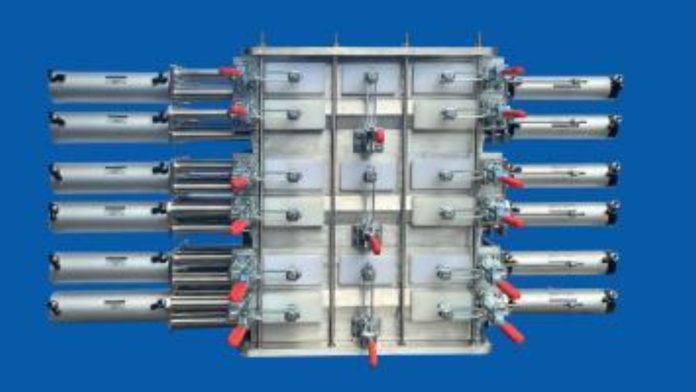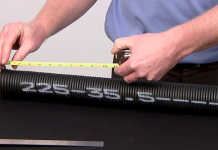Magnetic separators are essential tools in modern recycling systems, providing an efficient method for extracting ferrous metals from waste streams. They help ensure cleaner, higher-quality materials for recycling and reduce the amount of waste sent to landfills. Their versatility across various sectors contributes significantly to both sustainability and operational efficiency in recycling operations.
Magnetic separators are widely employed in recycling to remove ferrous metals from mixed waste. Below are some of the key applications, illustrating their diverse roles across different industries:
Magnetic separators are highly effective in extracting iron and steel from waste streams, ensuring the recovery of high-quality ferrous materials for recycling. This process contributes to the reuse of metals in manufacturing, while also reducing landfill waste and supporting a circular economy.
Electronic waste often contains valuable ferrous components that can be efficiently recovered using magnetic separators. By isolating these metals, separators make their recovery more economically viable and simplify downstream processes, such as smelting, by removing iron-based materials.
Metal contaminants in plastic waste can degrade the quality of recycled plastic products. Magnetic separators are used to remove unwanted ferrous materials from plastic waste, ensuring that only clean, metal-free plastic moves forward in the recycling process, improving product quality and reducing waste.
In scrap metal yards and mixed waste streams, magnetic separators are vital for sorting ferrous from non-ferrous materials. This not only increases the value of the recovered metals but also reduces the need for manual sorting, streamlining the recycling process.
Magnetic separation offers several advantages in recycling operations, improving both efficiency and cost-effectiveness. By removing metal contaminants, it helps enhance material quality, reduce waste, and support sustainability goals. Below are some of the key benefits:
Efficiency
Magnetic separators expedite the recycling process by quickly removing metal contaminants, which reduces downtime and increases material throughput. Their precise sorting minimizes contamination in the final product, enhancing its quality and market value.
Economic Benefits
By recovering valuable metals like iron and steel, magnetic separation reduces the need for virgin materials, leading to cost savings. Additionally, the automation of the separation process minimizes labor costs, contributing to the overall cost-effectiveness of recycling operations.
Environmental Impact
Magnetic separators play a significant role in reducing the volume of waste sent to landfills, helping conserve natural resources and lower the environmental impact of recycling. They support sustainable practices by reducing the demand for raw materials and promoting the reuse of metals.
Advancements in magnetic separation technology have improved the efficiency and adaptability of these systems, addressing challenges in recycling complex waste streams. Key developments include:
- Stronger Magnets: New, more powerful magnets enable the recovery of smaller or deeply embedded ferrous particles, improving the separation process.
- Automation and Smart Systems: Automation and intelligent systems enhance sorting accuracy, particularly in handling mixed or electronic waste, by optimizing separation based on material properties.
- Self-Cleaning Magnetic Separators: These separators automatically remove accumulated metals, reducing downtime and maintaining consistent performance, which enhances overall operational efficiency.
These technological innovations continue to drive improvements in magnetic separation, making it an even more effective solution for modern recycling needs.
Magnetic separators are vital to the success of the recycling industry, providing efficient means of recovering ferrous metals, reducing contamination, and improving the overall quality of recycled materials. Their role in supporting sustainable practices and reducing landfill waste is essential to both economic and environmental sustainability. As technology continues to evolve, magnetic separators will remain a cornerstone of recycling innovation, helping address the growing challenges of waste management in a changing world.



